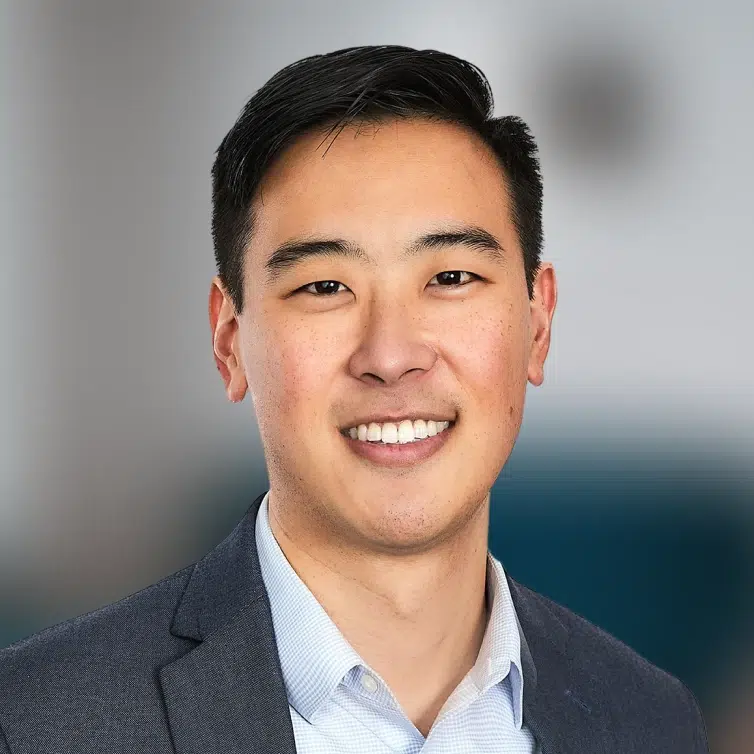
Editor’s note: This is a hypothetical example, not an actual client. Tina and Mike are a fictional couple who represent many typical goals and circumstances we see with new clients.
Many of the prospective clients I meet are about to experience a major change in their lives, which leads to a slew of new financial questions, concerns and opportunities. They may have had a great, long-term relationship with a financial advisor, but that relationship has reached its maximum potential. As their life gets more complex, they need a higher level of expertise.
Typically, these people are coming into sudden wealth from a business liquidity event or inheritance. Or they could have just been hired for an executive role with a substantial and complex compensation package. These types of situations come with a myriad of new tax concerns, as well as options to manage wealth for the family for generations, that not all advisors are versed or experienced in.
Here’s an example of a couple that was on the tail end of a successful run of a family-owned business.
Retiring with a family business
When Tina and Mike first came to see us, they were both in their 50s and ready to retire. For 25 years they built and ran a successful wine distribution business in northern California. And while they wanted to see the business continue to thrive, they also were ready to move on.
For years, they had been working with an investment advisor who primarily managed a portfolio that had grown to approximately $10 million. But as they approached the next chapter of their lives, they were unsure of what to do with the family business. And they didn’t know whether they could afford the lifestyle they envisioned while also making sure their family was financially secure. While their advisor was equipped to manage the investment portfolio, he did not have the experience to advise more holistically on business succession and broader wealth management. So Tina and Mike reached out to us.
We spent our first meeting with the couple exploring their values and what would bring them the most satisfaction at this stage of their lives. That led to conversations about various options for family business succession.
They had two adult children. Their daughter had been working in billing at the company for several years and wanted to stay with the business, but she didn’t have the long-term desire to run it. Their son chose a different career and wasn’t interested in being involved with the company. So they decided to sell the business and earmark the proceeds to help their children further their own family goals. They didn’t arrive at the decision lightly — breaking ties with a business that they dedicated much of their life together building was difficult. But we helped them think through various scenarios, and after much contemplation, they realized selling would be the best option for the family in the long run.
Upon sale of the business, it became clear that Mike and Tina would likely be subject to estate taxes upon death. So we helped them build a transfer plan that included irrevocable trusts for their children using their lifetime transfer tax exemptions. After giving to their kids, they still had adequate capital to achieve all their individual goals and objectives, which opened up the opportunity to discuss their hopes for leaving assets to grandchildren.
Although they subscribed to Warren Buffet’s admonition to leave children “enough so they can do anything, but not enough so they can do nothing,” Tina and Mike felt strongly that their six grandchildren should all have the advantages of a college education. We proposed that they open 529 college savings plans for each grandchild and take advantage of a special rule that allows them to “frontload” the accounts with five years’ worth of annual exclusion gifts. This initial contribution of $150,000 was sufficient to fully fund future education costs. When the kids reached college age, Tina and Mike took great pleasure, as well as pride, in seeing the positive impacts of their gifts. They were elated to share in the grandchildren’s joy of going to college and to relieve their children of the burden of high tuition bills.
Living the dream retirement
Our conversation also revealed that although Tina and Mike always dreamed of owning a beachfront property in Texas to enjoy during their retirement years, they were hesitant to give up the large, comfortable California home where they had raised their children and that served as a central place for family gatherings.
So we created a planning scenario which included the expenses associated with buying a second property and maintaining two homes long term. Our conservative projections, modeled under various market conditions, estimated that Tina and Mike would have sufficient money to carry the costs of both homes. Armed with this numerical knowledge, they had the peace of mind to turn their beach home dream into reality.
Several years later, when Mike and Tina were approaching their 40th wedding anniversary, we asked them how they planned to celebrate this wonderful milestone. They said they had always dreamed of going to Europe as a family, but never felt comfortable spending such a large amount on a vacation. Knowing that meaningful time with their children and grandchildren was something Tina and Mike valued deeply, we encouraged them to give us a rough estimate of what a trip they envisioned would cost. We crunched the numbers, and much to their delight, the projections once again revealed that indulging in a European family vacation would not jeopardize other long-term goals and had little impact on their children’s eventual inheritance.
Philanthropy planning
That conversation led Tina and Mike to delve deeper into the question of whether they were on a path to leave more to the next generation than they really wanted. As a result, we worked together to update their estate plan to include firm caps on the amount each child would inherit. The remainder would go to several charitable organizations, with missions that aligned with their values. While they were pleased to know that a portion of their remainder estate would go to charity, they were also eager to participate in charitable giving during their lifetime. So they decided to establish a donor advised fund (DAF) for this purpose.
The DAF was seeded with appreciated stock. This strategy allowed the couple to avoid capital gains taxes on the transferred securities and receive a current-year tax deduction. In addition, Tina and Mike gained the flexibility to use the earmarked funds to benefit various charities — and see the impacts of that giving — during their lifetimes. We also educated the children so they would understand the estate plan and their parents’ intentions for philanthropy.
Having meaningful conversations with Mike and Tina about their ambitions and walking them through the detailed planning process gave them confidence about their financial future. They also felt they had “permission” to spend the wealth they had earned to enjoy their retirement fully — and to this day speak fondly of their most memorable 40th anniversary celebration.
Not all financial advisors have the capabilities to handle the more complex areas of wealth management, such as family business succession, liquidity events, estate planning and philanthropy planning. If the rewards of your careful financial planning over the years are taking you to the next level, you may need to consider whether you’ve outgrown your current advisor and seek a team that can provide broader, more holistic, financial services.

 Talk to us
Talk to us 












